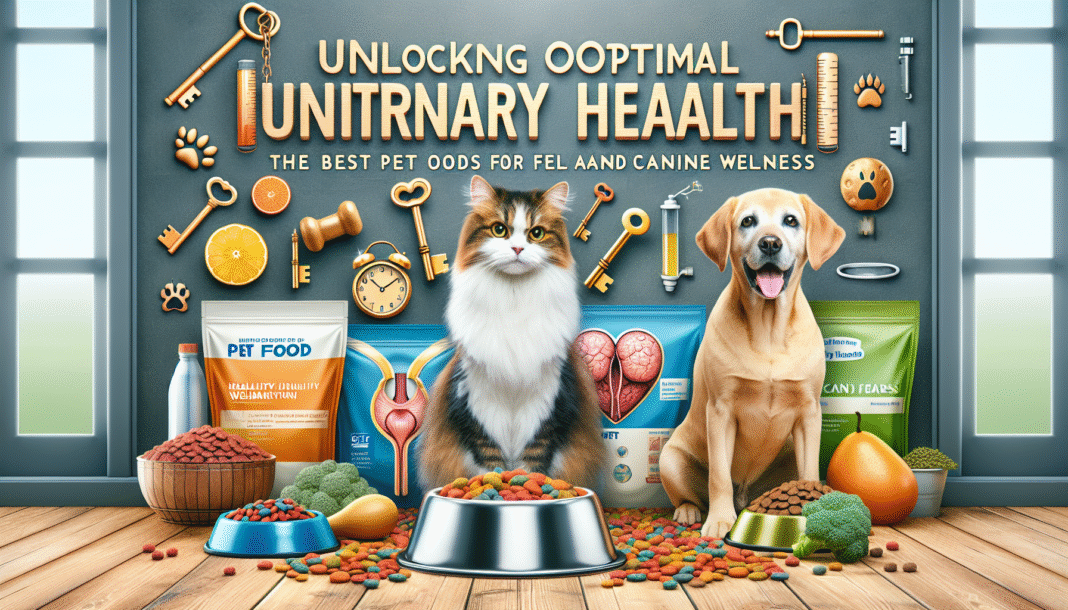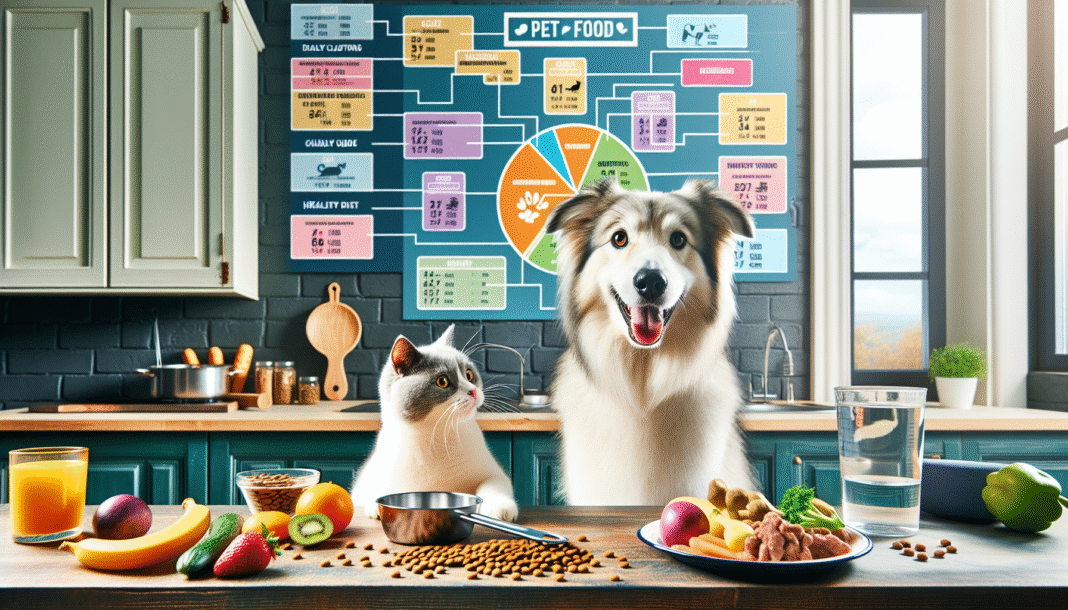Maintaining optimal urinary health for our furry companions is essential not only for their comfort but also for their overall well-being. The right nutrition can have a profound impact on a pet’s urinary system, helping prevent issues like urinary tract infections (UTIs), urinary crystals, and bladder stones. Let’s dive into the causes, symptoms, diagnosis, treatment, and prevention strategies related to urinary health in both cats and dogs, while also highlighting the best pet foods to support this vital aspect of pet care.
Understanding Urinary Health: The Basics
Causes of Urinary Issues
Urinary problems in pets can stem from a variety of causes, including:
- Dietary Factors: Certain dietary components can lead to the formation of stones or crystals.
- Dehydration: Insufficient water intake can concentrate urine, increasing the risk of urinary issues.
- Obesity: Excess weight puts additional pressure on the bladder, potentially leading to infections or other problems.
- Genetics: Some breeds are predisposed to certain urinary conditions.
Symptoms to Watch For
It’s important for pet owners to be vigilant about their pets’ health. Common symptoms of urinary problems include:
- Frequent urination, often in small amounts
- Blood in the urine
- Straining to urinate
- Licking at the genital area
- Strong-smelling urine
- Signs of pain or discomfort while urinating
If you notice any of these symptoms in your pet, it’s crucial to consult with a veterinarian.
Diagnosis: How Professionals Assess Urinary Health
Veterinarians typically use a combination of methods to diagnose urinary issues, including:
- Urinalysis: This test gives vital information about the urine, including pH levels, presence of crystals, and specific gravity.
- X-rays or Ultrasound: Imaging can reveal the presence of stones or abnormalities in the bladder.
- Blood Tests: These tests can help determine the health of your pet’s kidneys and overall metabolic function.
Treatment Options
Once a urinary problem is diagnosed, treatment may vary based on the underlying issue:
- Medications: Antibiotics may be prescribed for infections, while pain relievers can help manage discomfort.
- Surgery: In some cases, surgical intervention may be necessary to remove stones or address anatomical issues.
- Dietary Changes: Often, adjusting your pet’s diet can significantly improve urinary health.
Best Pet Foods for Urinary Health
For Cats
-
Hill’s Prescription Diet c/d Multicare Feline
- Specially formulated to dissolve struvite stones and prevent new ones. It promotes a healthy urinary pH and contains controlled levels of magnesium.
-
Royal Canin Urinary SO
- Designed to support urinary health by diluting urine to help prevent crystal formation. This diet is highly palatable, ensuring your cat enjoys mealtime.
-
Purina Pro Plan Focus Urinary Tract Health Formula
- Contains specific nutrients to help maintain a healthy urinary tract and is fortified with probiotics for digestive health.
For Dogs
-
Hill’s Prescription Diet c/d Multicare Canine
- Similar to its feline counterpart, this diet helps dissolve and prevent struvite stones while also managing urinary health effectively.
-
Royal Canin Urinary SO Small Adult Formula
- Tailored for small breed dogs, it promotes urinary health by managing the dilution of urine and reducing the risk of crystallization.
-
Purina Pro Plan Veterinary Diets UR St/Ox
- Formulated to promote urinary health and reduce the risk of stone formation, it features a balanced nutrient profile.
Practical Tips for Maintaining Urinary Health
-
Encourage Water Intake: Always provide fresh water and consider investing in a pet water fountain to encourage drinking. Wet food can also be beneficial for hydration.
-
Monitor Weight: Keep your pet at a healthy weight through a balanced diet and regular exercise, which can help prevent urinary issues.
-
Establish a Routine: Regular bathroom breaks can help maintain urinary health and prevent potential issues.
-
Regular Vet Check-Ups: Schedule annual wellness exams and discuss any urinary health concerns with your veterinarian.
-
Watch for Dietary Changes: If you switch your pet’s food, monitor them closely for any signs of digestive upset or urinary issues.
By following these guidelines and choosing the right pet food, you can significantly contribute to your pet’s urinary health and overall well-being. Pet owners play a crucial role in ensuring their furry friends live happy, healthy lives, so be proactive about their nutrition and health care.





